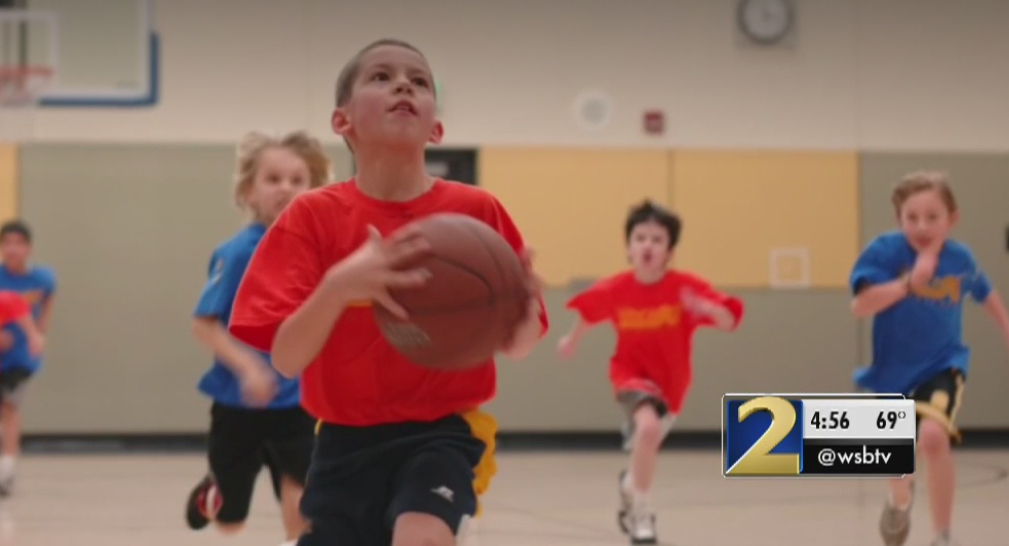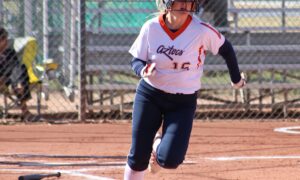You probably hear adults talking about burnout on the job.
But more children say they are burned out with sports by age 11. The reasons? They say it’s no longer any fun and the mounting pressure from parents isn’t helping either.
With today’s club teams and recreation teams, seasons stretch year-round and kids can play multiple sports at the same time. But youth sports also evoke pressure.
“It’s pretty tough,” said athlete Gavin Moser. “It’s more of time management.”
Moser is a two-sport varsity athlete at his high school and plans to play baseball at Brandeis University next year. Moser played multiple sports on multiple teams each season for much of his childhood.
“If you truly enjoy it, it’s worth it,” he said.
Moser said he’s been lucky to have a supportive team of coaches and family along the way. But he has seen the other side, too.
“When a coach yells, it’s not really that helpful. I already know I messed up. It’s not like I’m oblivious to that.”
The Aspen Institute takes a look at youth sports each year. In its 2019 “State of Play” report, it found fewer kids are regularly playing youth sports compared to a decade ago.
Only 38 percent of kids played sports on a regular basis in 2018. That’s down from 45 percent in 2008, according to the report.
“One year, they’re saying ‘Do I get to play baseball?’ The next year they’re saying ‘Do I have to play baseball?’ And once that flips, it’s really hard to get them back,” Chris Fay said.
Fay is a partnership manager and trainer with the Positive Coaching Alliance. It’s a nonprofit that emphasizes more than just X’s and O’s.
Fay said it’s not about giving everyone a trophy, but about coaches creating an environment that kids want to be in and return to.
“The number one reason kids leave sports is they’re not having fun,” Fay said.
Research has shown it is mostly on adults, both coaches and parents. Fay said one survey asked youth athletes who they would take to their championship game if they had just two tickets.
It wasn’t their parents. Most would take their grandparents because they are relentlessly positive.
“But often times immediately after the game, what’s the first question we ask them? ‘Why did you do this on the field? Why didn’t you back that play up? Why did you throw it there?’ It’s the car ride home,” Fay said. “And studies have shown that when we get in the car, kids want to hear one thing from us: I loved watching you play today. That’s it.”
















